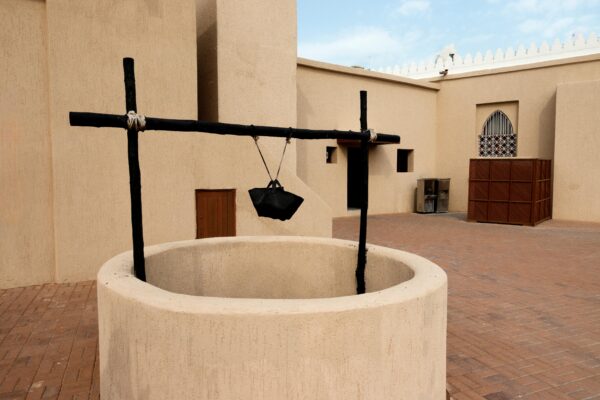
6 Wealth-Building Lessons from Khadijah (RA) Every Muslim Should Know
03 December 2025 8 min read


Adil Hussain
Head of Content
4 min read
Last updated on:
When it comes to money, Islam provides clear guidance on what’s halal and haram. One of the biggest distinctions the Qur’an makes is between trade (which is permitted) and riba (which is strictly forbidden).
But do you really know the difference? Understanding the difference between trade and riba is essential for anyone looking to manage their money in a halal way that aligns with Islamic finance principles.
The Qur’an tells us:
“Allah has permitted trade and has forbidden interest.” (Qur’an 2:275)
Trade is the backbone of a fair and ethical economy. It’s built on effort, risk, and value creation.When you trade, you’re providing goods or services in exchange for fair compensation. This fosters economic growth, benefits both buyers and sellers, and strengthens communities.
Riba (interest), however, is guaranteed profit without effort. It preys on those in need, trapping them in debt while ensuring the lender makes money no matter what.
Instead of spreading wealth, riba concentrates it in the hands of a few—causing inequality, financial crises, and social harm.
The 2008 financial crisis is a perfect example.
Banks and financial institutions lent money recklessly, charging interest on loans people couldn’t afford to repay. When the debt bubble burst, it triggered a global recession, leaving millions unemployed, homeless, and financially devastated—proving that riba leads to disastrous consequences on a global scale.
Allah SWT warns in the Qur’an:
“O you who have believed, fear Allah and give up what remains [due to you] of interest, if you should be believers. And if you do not, then be informed of a war against you from Allah and His Messenger.” (Qur’an 2:278-279)
That’s a serious warning—because riba isn’t just a financial issue, it’s a moral and social disaster. Look around today:
This is why Islam strongly opposes interest-based finance and encourages believers to seek ethical, productive alternatives.
The good news is that avoiding riba is easier today than ever before, thanks to a growing number of Sharia-compliant financial options. Here’s how you can take action:
Many conventional savings accounts generate interest, which is considered haram. Instead, look for shariah-compliant current accounts or savings accounts (where profit is shared) which are typically offered by Islamic Banks.
Rather than earning money from interest, consider putting your wealth into tangible assets that create real value. Some great options include:
You can explore a range of halal investments on our halal investment comparison page here.
Conventional mortgages are not permissible in Islam as they involve riba, which is strictly prohibited. Islamic home financing provides a way to buy a home without interest, in line with Sharia principles.
To explore your options, we have a free guide on how these alternatives work, where you can also compare rates—check it out here.
By consciously moving away from riba-based financial products and adopting halal investment strategies, you can build wealth while staying true to Islamic values. The financial world is evolving, and Alhamdulillah there are now more options than ever to help Muslims make ethical financial decisions.
The Quran is filled with guidance on wealth, business, ethics, and barakah. Yet, how often do we turn to it for financial advice?
If you found this beneficial, don’t keep the khayr to yourself and share this with someone! The Prophet ﷺ said: “Whoever guides someone to goodness will have a reward like one who did it.” (Muslim 1893)
For more financial lessons from the Qur’an, you can download our free ebook containing 30 bitesize lessons on how to manage your money in a way that pleases Allah here.
If you need help with investing, we have designed a free halal investment checklist which you can access here.
Let’s choose trade over riba and build a more just, prosperous future, inshaAllah.

03 December 2025 8 min read

13 August 2025 12 min read
Leave a Reply